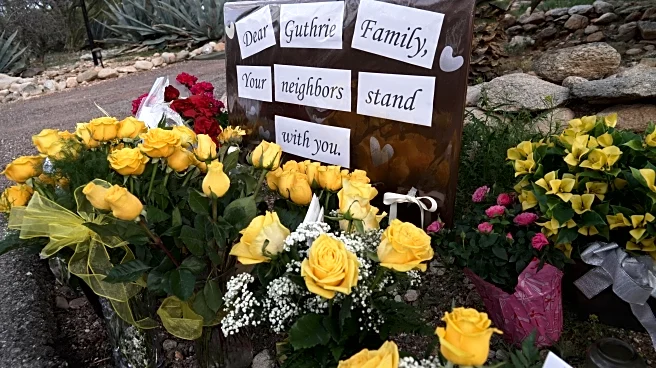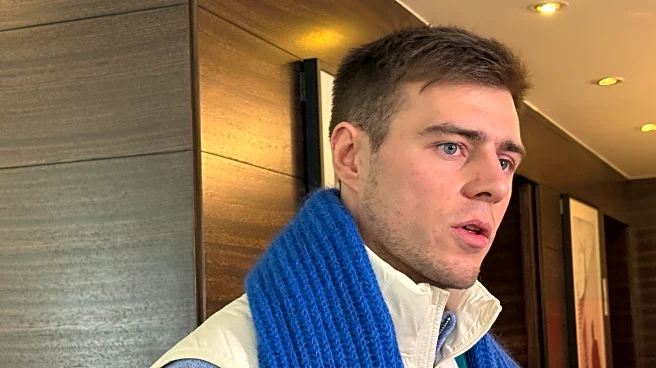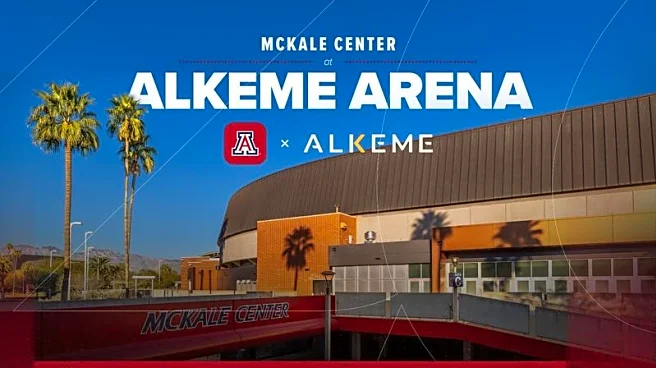By Nicholas P. Brown
NEW YORK (Reuters) -Bath & Body Works is going to college.
Students at hundreds of U.S. universities will soon be able to buy the company's fragrances, candles and other items at campus
bookstores, in a departure from the beauty retailer's long-held business model as it tries to lure coveted Gen-Z shoppers.
Bath & Body has struck deals with bookstore operators like Barnes & Noble and Follett Corp to set up shops inside some 600 campus stores, where it will sell popular fragrances like Mahogany Teakwood and Champagne Toast, new CEO Daniel Heaf told Reuters. Schools include George Washington University, Boston College and Vanderbilt University.
It is the first time that Bath & Body will sell items outside its own stores, but it won't be the last, Heaf said.
"This idea of being either a wholesale brand or a direct-to-consumer brand is over," he said, adding that third-party distribution will be key to growth in the future.
Boosting sales with Gen-Z is a priority for Heaf, who took the reins in May after a tough year that saw the company's shares removed from the benchmark S&P 500 index. The shares have lost 24% over the last two years, and closed at $28.93 on Tuesday.
College bookstores could be fertile ground for gauging what younger buyers want without investing much capital, said Morningstar analyst Jaime Katz.
It's also "a way to keep the conversation going with teen girls while they're ... not living with their parents anymore, not going to their usual places anymore," Katz said.
An April survey by investment bank Piper Sandler found that, among teens, sales of fragrances were up 22% versus the same time last year, making it the fastest-growing segment in the beauty industry among teen shoppers.
Before joining Bath & Body, Heaf held various roles at Nike, including running its direct-to-consumer business, which former CEO John Donahoe leaned heavily into after the pandemic, reducing the apparel brand's reliance on third-party retailers.
That direct-to-consumer shift backfired, and Nike has since sought to repair its retail relationships. But analysts have attributed the failure more to a lack of fresh product than to the work of Heaf, whose reputation as an innovator remains solid.
Katz believes Bath & Body's $29 share price could be a bargain, noting the company's strong operating margins and limited exposure to tariffs. One challenge Bath & Body faces, she said, is communicating to consumers the breadth of its product line, which ranges from soaps to lip balms to wallflowers.
On that front, Heaf hinted that the company may seek to streamline offerings, focusing on the strongest sellers, and ramp up its digital presence. Bath & Body spends 3% to 4% of its revenue on marketing, but Heaf said he would rather concentrate on fewer, but deeper, campaigns to boost brand awareness.
"Think about a video on Instagram that tells a story about the product," he said. "Building awareness leads to a delay in purchase, because you're capturing a new consumer. But it works. I've seen it work."
(Reporting by Nicholas P. Brown; Editing by Leslie Adler)












